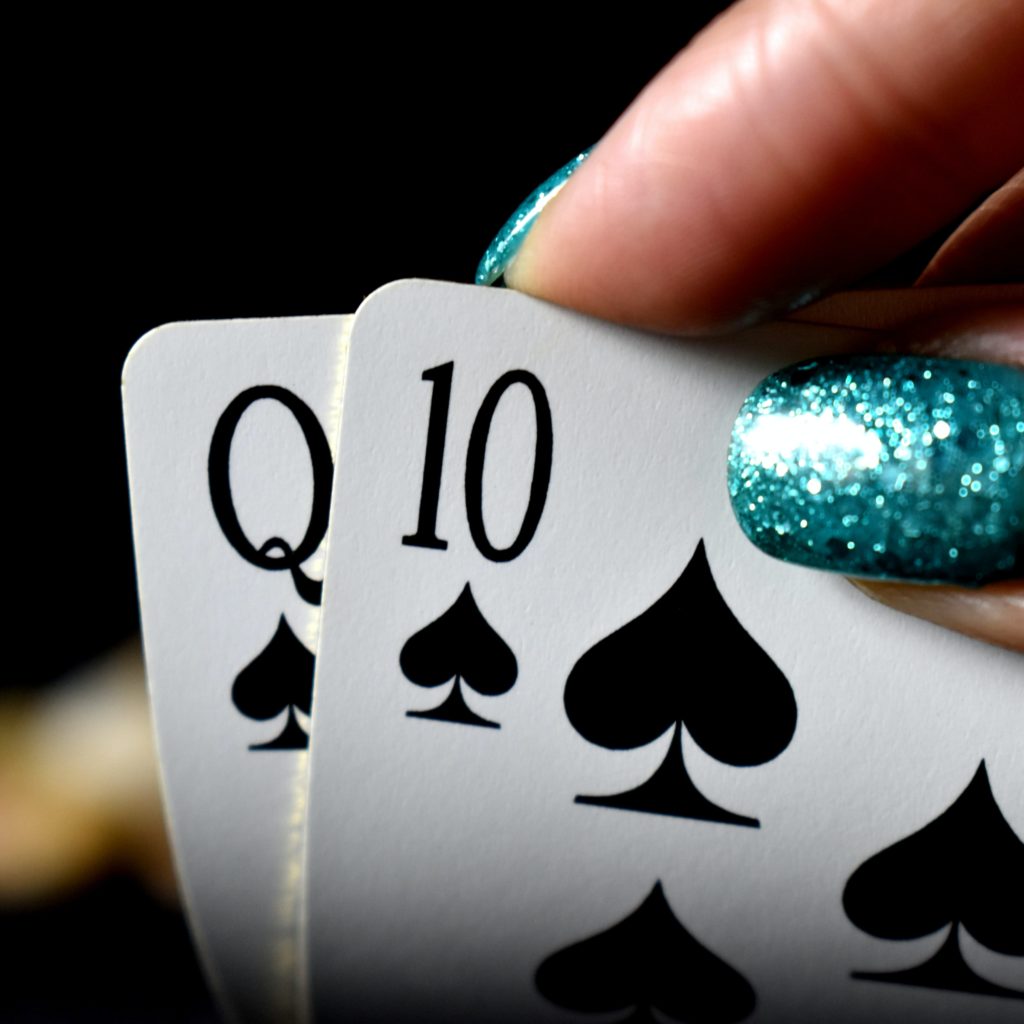Of all the many different gambling games out there and of all the competitive-for-money games that draw audiences of thousands to esports tournaments, poker stands alone. It’s older, more competitive, and more popular than most of its competitors. Major poker tournaments are huge events, but poker is also played by millions of people, including everyone from those who make their living playing the game to dedicated amateur enthusiasts to those who just enjoy playing a game of poker with their friends for a few cents.
A large part of the appeal of the game is that even though it has the rush of gambling, of the chance to win major cash quickly, it requires a lot of skill to really be good at it, making for a rich playing experience.
Ultimately, though, when you get right down to it, what is most important when it comes to winning at poker: your skills or the luck of the draw? In this article, we will examine it from both sides and try to come to a conclusion of which truly matters most.
A Case for Luck
Like any card game, poker, in all its variations, requires drawing the right cards in order to win. This is true of family games like Uno or Snap and it’s certainly true of adult games like blackjack and poker.
Which is why, of course, the hierarchy of winning hands, from a royal flush all the way down to a pair, comes down to the odds of drawing those particular sets of cards. A further element of luck is added to it by the sheer randomness of drawing higher or lower numbers.
And for all that you get a chance to swap cards at the start of each round after the initial betting has taken place, there’s really not much you can do to manipulate the cards. Even blackjack has the advantage here as it is possible to maximize your chances of winning by counting cards – though, obviously, casinos almost always frown on such practices, to say the least.
With all this in mind, it’s easy to see how luck takes top prize when playing poker.
A Case For Skill
There’s an old saying that in poker you don’t play your cards but the other players. And that’s definitely true. Knowing the rules of poker is a must, obviously, but if you want to do well, you need to know the rules of people too.
While it is certainly rather helpful to have, say, a full house in your hand rather than a pair of 2s, whether or not you win, will depend a lot on your ability to read whether those who haven’t folded yet are holding onto a hand that can potentially beat yours – as unlikely as that is in the case of a full house.
Similarly, however important it is to know whether your opponents are bluffing, it’s just as important to learn to hold your own cards close to your chest, so to speak. Having a full house or a royal flush won’t get you very far if the other players can immediately tell you have a killer hand and fold on the first or second rounds of betting.
So, Which Is It?
Oddly enough, despite everything that logic might tell you about the importance of luck in a card game like poker, it’s actually the skill that’s most important. Not so much skill with the cards, though. Yes, knowing which cards to discard to maximize your chance of getting a good hand and knowing which hands beat which is fundamental, but that’s not what separates OK poker players from excellent poker players.
No, what does that, is whether or not the player in question has a) learned to control his or her own demeanor and b) the ability to “read” another person. Which means, oddly enough, that the key to winning at poker is, of all things, emotional intelligence. Now that’s the greatest trick of all.



